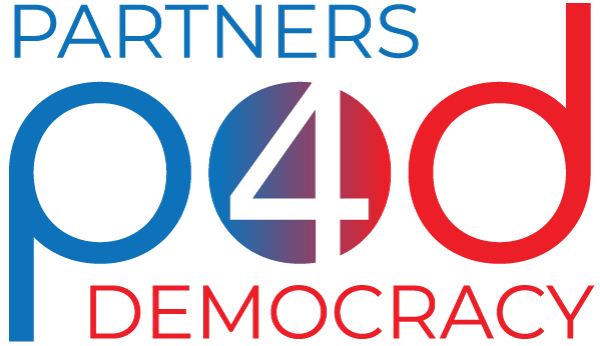By: Heather Cox Richardson
Today, at the initiative of the George W. Bush Institute, U.S. presidential foundations and centers for thirteen presidents since Herbert Hoover released a statement expressing concern about the health of American democracy. The statement notes that while the diverse population of the United States means we have a range of backgrounds and beliefs, “democracy holds us together. We are a country rooted in the rule of law, where the protection of the rights of all people is paramount.”
“Americans have a strong interest in supporting democratic movements and respect for human rights around the world because free societies elsewhere contribute to our own security and prosperity here at home,” the statement reads. “But that interest is undermined when others see our own house in disarray.” Without mentioning names, it called on elected officials to restore trust in public service by governing effectively “in ways that deliver for the American people.” “The rest of us must engage in civil dialogue,” it said, “respect democratic institutions and rights; uphold safe, secure, and accessible elections; and contribute to local, state, or national improvement.”
Traditionally, ex-presidents do not comment on politics, and this extraordinary effort is the first time presidential centers have commented on them. Because this step is unprecedented the Eisenhower Foundation chose not to sign, although it commended the defense of democracy. But the centers for Hoover, Franklin D. Roosevelt, Harry S. Truman, John F. Kennedy, Lyndon Baines Johnson, Richard Nixon, Gerald Ford, Jimmy Carter, Ronald Reagan, George H. W. Bush, Bill Clinton, George W. Bush, and Barack Obama all did.
That the executive director of the George W. Bush Institute felt obliged to take a step that is a veiled critique of today’s Republican Party—Bush’s party—is a sign of how deep concern over our democracy runs. David Kramer, the Bush Institute’s executive director, said the statement was intended to remind Americans that democracy cannot be taken for granted and to send “a positive message reminding us of who we are and also reminding us that when we are in disarray, when we’re at loggerheads, people overseas are also looking at us and wondering what’s going on.”
